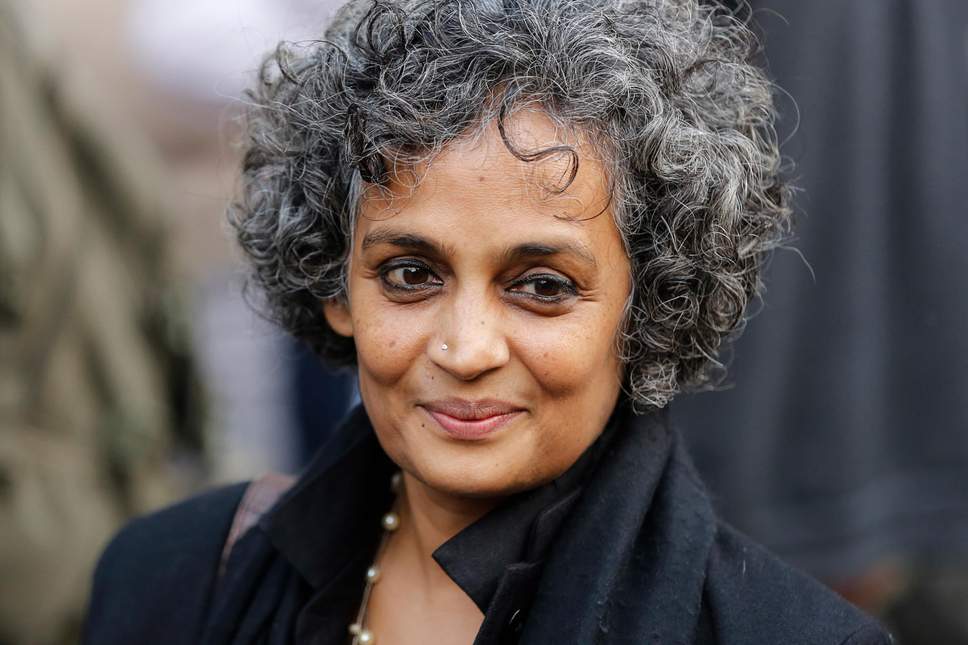In the Boston Review, Avni Sejpal interviews celebrated Indian novelist and activisit Arundhati Roy. Last year Roy published her second novel, The Ministry of Utmost Happiness, which came twenty years after her acclaimed debut, The God of Small Things. In the interim she wrote many prominent essays denouncing empire, gender discrimination, and India’s case system. In this interview, Roy discusses the resurgence of nationalism in India and elsewhere, contemporary imperialism, and the relationship between her fiction and nonfiction. Here’s an excerpt:
AS: In addition to writing novels, you are also a prolific essayist and political activist. Do you see activism, fiction, and nonfiction as extensions of each other? Where does one begin and the other end for you?
AR: I am not sure I have the stubborn, unwavering relentlessness it takes to make a good activist. I think that “writer” more or less covers what I do. I don’t actually see my fiction and nonfiction as extensions of each other. They are pretty separate. When I write fiction, I take my time. It is leisurely, unhurried, and it gives me immense pleasure. As I said, I try to create a universe for readers to walk through.
The essays are always urgent interventions in a situation that is closing down on people. They are arguments, pleas, to look at something differently. My first political essay, “The End of Imagination,” was written after India’s 1998 nuclear tests. The second, “The Greater Common Good,” came after the Supreme Court lifted its stay on the building of the Sardar Sarovar Dam on the Narmada River. I didn’t know that they were just the beginning of what would turn out to be twenty years of essay writing. Those years of writing, traveling, arguing, being hauled up by courts, and even going to prison deepened my understanding of the land I lived in and the people I lived among, in ways I could not have imagined. That understanding built up inside me, layer upon layer.
Had I not lived those twenty years the way I did, I would not have been able to write The Ministry of Utmost Happiness. But when I write fiction, unlike when I write political essays, I don’t write from a place of logic, reason, argument, fact. The fiction comes from years of contemplating that lived experience, turning it over and over until it appears on my skin like sweat. I write fiction with my skin. By the time I started to write The Ministry of Utmost Happiness, I felt like a sedimentary rock trying to turn itself into a novel.
Image of Arundhati Roy via Evening Standard.
